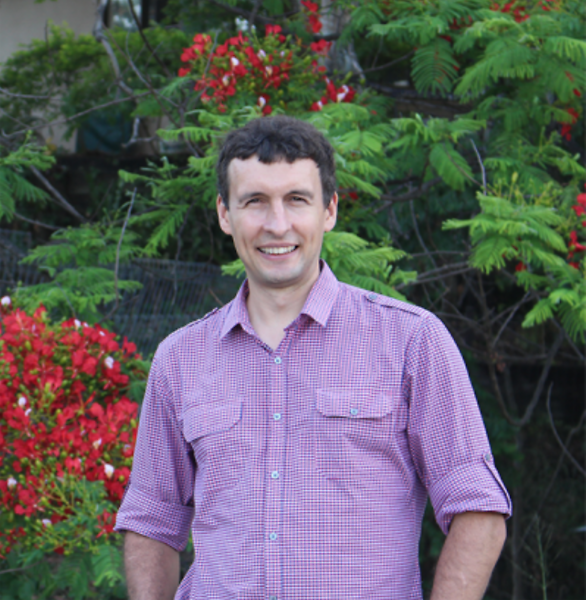Seminar “Quantum rifling: how to protect a qubit from unwanted collapse” Prof. Arkady Fedorov

Date
Location
Description
Speaker:
Prof.Arkady Fedorov, the University of Queensland, Australia
Abstract:
The Stern-Gerlach experiment exemplifies the "quantum" in quantum mechanics: a spin with random orientation is shot through a magnetic field, which acts as a classical detector of the spin state, by selectively deflecting the spin towards one of only two possible trajectories (up or down) depending on the spin orientation. But what happens to the spin flying through the field if it is also spinning fast, like a bullet fired from a rifled gun barrel? We implement such a scenario in a circuit-QED system, where a superconducting qubit acts as the spin and a coupled coplanar waveguide resonator as the classic measurement apparatus. When our spin is rifled fast enough, the spin is not deflected but flies in a straight line, with no back-action of the detector on the spin. We demonstrate how the protocol can be applied for a joint readout of two qubits coupled to the same cavity: by rifling one qubit, it can be protected from decoherence caused by the measurement photons in the cavity while we read out the other qubit. Although the presented experiments were performed in a circuit-QED system, such quantum rifling can be performed for any qubit coupled to a classical detector.
Biography:
2018 - present: Associate professor, Chief Investigator and Node Manager, ARC Centre of Excellence for Engineered Quantum Systems (EQuS), School of Mathematics and Physics, the University of Queensland, Australia
2013 - 2018: Senior Lecturer, the University of Queensland, Australia
Focusing on quantum phenomena in systems consisting of superconducting artificial atoms, microwave resonators and mechanical oscillators.
2010 - 2013: Research Scientist, the Quantum Device Lab, ETH Zurich
Continuing research in the area of superconducting quantum devices.
2007 - 2010: Research Scientist, TU Delft, the Netherlands
Conducting experiments with superconducting flux qubits.
2006 - 2007: Postdoctoral fellow, Karlsruhe Institute of Technology, Germany
Working on a theory of superconducting quantum circuits in application to quantum computing and quantum optics phenomena.
2005: PhD in Physics, Clarkson University, US
Working on theoretical aspects of quantum information science and decoherence in solid state systems.
Subscribe to the OIST Calendar: Right-click to download, then open in your calendar application.



